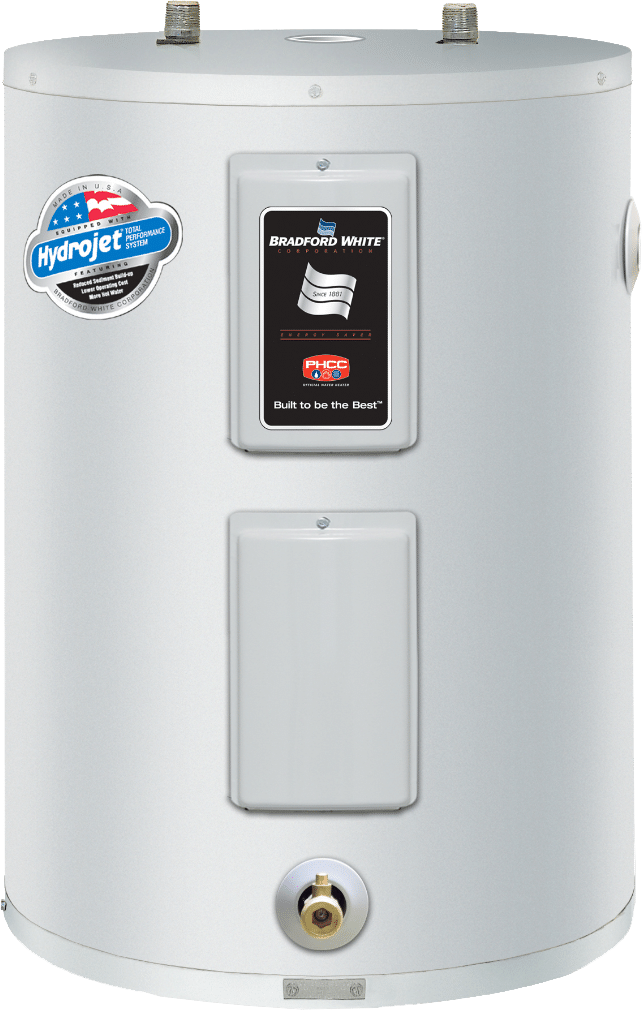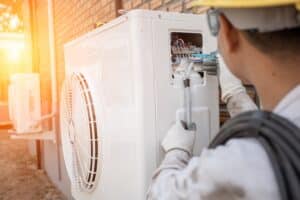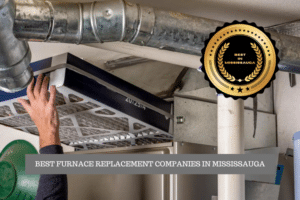A functional water heater is an important part of your home water system that guarantees hot water is properly delivered throughout your home. Water heating can take up between 15-20% of the energy used in your home, so investing in good heating is a great place to help save on expenses. When it comes to fuel, a water heater can use gas, electricity, or solar. Each source has benefits and disadvantages to consider in regard to energy conservation and optimizing your hot water.
Read some tips and advice when it comes to knowing which system is best for you:
Table of Contents
ToggleGas
Gas fuel can either mean natural gas or propane, depending on what system you have installed in your home or what is available in your neighborhood. A gas option is cheaper in the long run, is easier to repair and because it can provide heating instantly, is preferable for larger families. However, upfront costs will be higher than other fuel sources because of the installation process. If your home has never had a gas heater before, it will need a ventilation system installed in the roof. Once it is installed, occasional maintenance is required to keep it clean. If your home already has a fuel source, but you decide to change between natural gas or propane, then you will also need a conversion kit to safely to do.
Electric
Unlike gas heating, electric water heaters do not require an additional installation. This makes the initial cost less expensive, and the time it takes to heat the water will be faster. Electric heating is very efficient when it comes to the energy required to heat the water, meaning less energy is lost during heating. They are also a safe option to install, own, and maintain.
However, an electric heater will take longer to heat than a gas heater. This may not be ideal for larger families, but for smaller families, it may not be an issue. Operating costs will be higher than gas, simply because gas is cheaper, however, this can vary by region.
Solar
If an electric heating option appeals to you, but the operating cost doesn’t, then solar heating is third option. Solar heating can be paired with an electric heater to run off both solar and electric heating. As a natural and free resource, solar heating saves a lot on electricity bills, especially when paired with electric heating. It is easy to install and very well suited for larger families. Plus, this is a very environmentally friendly option.
The downside, however, is that it requires additional rooftop space to install the solar heating, which will increase the initial installation cost. It will also require annual maintenance to ensure everything stays in working order. Lastly, climate must be considered, particularly if you live in areas that don’t have hours of sunshine.











